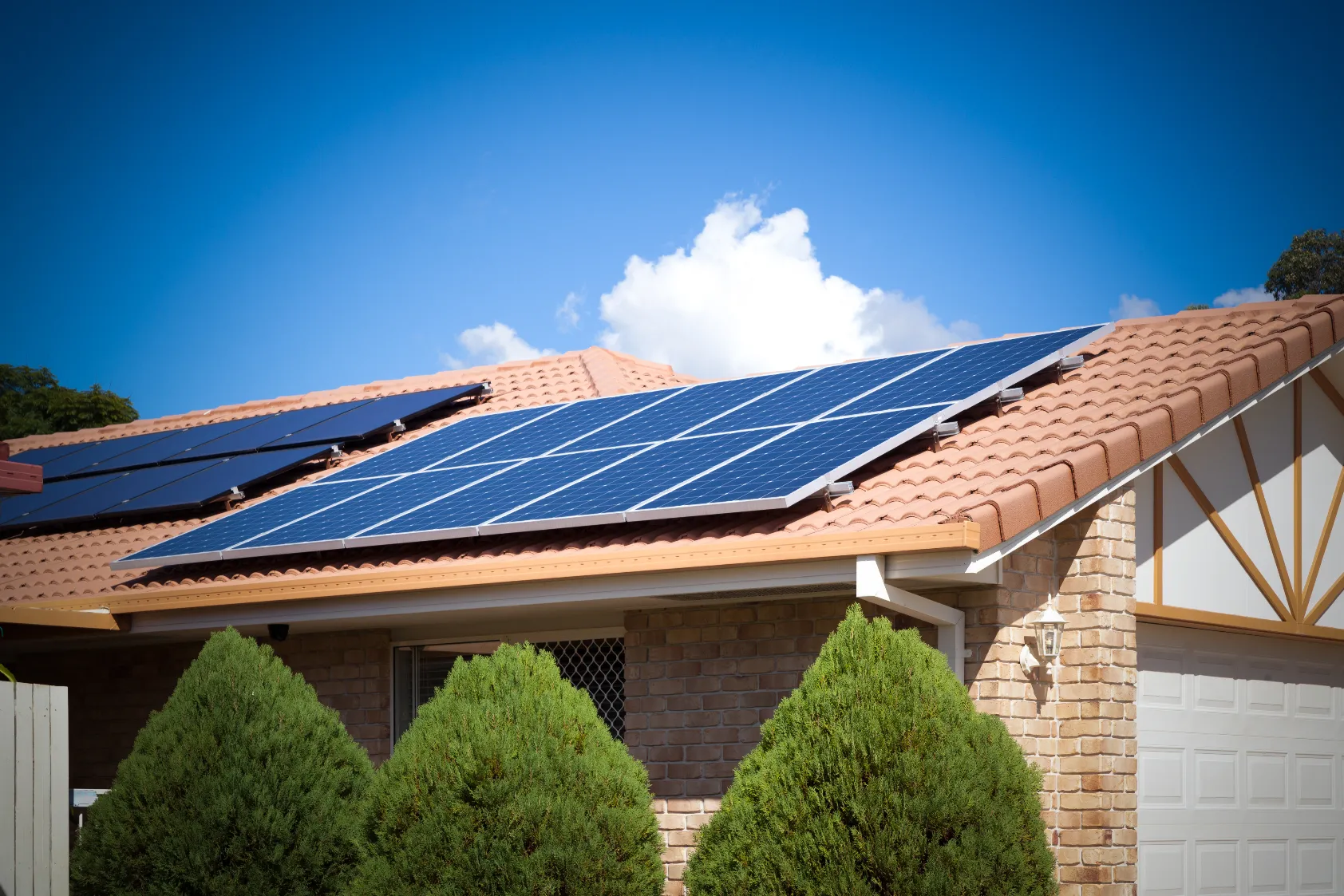Solar energy has become one of the most popular and sustainable ways to power homes and businesses. As technology advances and demand grows, many people are curious about the cost of installing a solar system in 2025. Whether you’re a homeowner, business owner, or simply exploring renewable energy options, this comprehensive guide will break down the costs, factors, and trends you need to know.
Key Factors Influencing Solar System Costs in 2025
The cost of a solar system depends on several factors, including system size, location, equipment quality, and installation complexity. Here’s a detailed look at what influences the price:
1. System Size
- The size of the solar system (measured in kilowatts, kW) is the primary factor affecting cost. Larger systems generate more electricity but come with higher upfront costs.
- Average System Sizes:
- Residential: 5kW to 10kW (enough to power a typical home).
- Commercial: 20kW to 100kW or more (for businesses and large properties).
2. Equipment Quality
- High-efficiency solar panels, advanced inverters, and premium batteries (if included) can increase costs but offer better performance and longer lifespans.
- Examples:
- Solar Panels: Monocrystalline panels are more expensive but more efficient than polycrystalline panels.
- Inverters: Microinverters or hybrid inverters cost more but provide better energy management.
3. Installation Costs
- Labor, permits, and site preparation contribute to the overall cost. Complex installations (e.g., steep roofs or ground-mounted systems) may require additional expenses.
4. Location
- Solar costs vary by region due to differences in sunlight availability, local labor rates, and state-specific incentives.
- Sunlight: Areas with more sunlight (e.g., Arizona, California) may require smaller systems, reducing costs.
- Incentives: Some states offer additional rebates or tax credits, lowering the net cost.
5. Battery Storage
- Adding a solar battery (e.g., lithium-ion) for energy storage increases costs but provides backup power and energy independence.
- Average Battery Cost: 5,000to5,000to15,000, depending on capacity and brand.
Average Solar System Costs in 2025
Here’s a breakdown of the estimated costs for residential and commercial solar systems in 2025:
Residential Solar Systems
- System Size: 5kW to 10kW.
- Average Cost: 12,000to12,000to25,000 (before incentives).
- Cost per Watt: 2.40to2.40to3.50 (down from 3.00to3.00to4.00 in 2023 due to declining solar panel prices).
Commercial Solar Systems
- System Size: 20kW to 100kW+.
- Average Cost: 40,000to40,000to200,000+ (before incentives).
- Cost per Watt: 1.50to1.50to2.50 (lower than residential due to economies of scale).
Battery Storage (Optional)
- Cost: 5,000to5,000to15,000 per battery.
- Popular Brands: Tesla Powerwall, LG Chem, Gospower.
Solar Incentives and Tax Credits in 2025
One of the biggest advantages of going solar is the availability of incentives and tax credits, which can significantly reduce the net cost. Here’s what to expect in 2025:
1. Federal Solar Tax Credit (ITC)
- The Investment Tax Credit (ITC) allows you to deduct 30% of the solar system cost from your federal taxes.
- Example: For a 20,000system,youcansave20,000system,youcansave6,000.
- Note: The ITC is expected to remain at 30% through 2032, thanks to the Inflation Reduction Act.
2. State and Local Incentives
- Many states offer additional rebates, tax credits, or performance-based incentives (PBIs).
- Examples:
- California: Self-Generation Incentive Program (SGIP) for battery storage.
- New York: NY-Sun Megawatt Block Incentive.
- Check your local government or utility provider for available programs.
3. Net Metering
- Net metering allows you to sell excess solar energy back to the grid, reducing your electricity bills.
- Policies vary by state, so confirm with your utility provider.
Trends Affecting Solar Costs in 2025
Several trends are expected to influence solar system costs in 2025:
1. Declining Solar Panel Prices
- Solar panel prices have been dropping steadily due to advancements in technology and increased production. This trend is expected to continue, making solar more affordable.
2. Improved Battery Technology
- Lithium-ion batteries are becoming more efficient and affordable, making solar+storage systems more accessible.
3. Increased Adoption of Solar
- As more people adopt solar energy, economies of scale and competition among installers will drive prices down.
4. Policy Support
- Government policies and incentives will continue to play a key role in reducing solar costs and encouraging adoption.
Is Solar Worth the Investment in 2025?
Absolutely! Here’s why:
- Lower Energy Bills: Solar systems can reduce or eliminate your electricity bills, saving you thousands over their 25+ year lifespan.
- Energy Independence: Generate your own power and reduce reliance on the grid.
- Environmental Benefits: Solar energy is clean and renewable, reducing your carbon footprint.
- Increased Property Value: Homes with solar systems often sell for more than those without.
How to Get Started with Solar in 2025
- Assess Your Energy Needs: Review your electricity bills to determine how much energy you use.
- Get Multiple Quotes: Compare quotes from reputable solar installers to find the best deal.
- Check Incentives: Research federal, state, and local incentives to maximize savings.
- Choose the Right Equipment: Select high-quality panels, inverters, and batteries for optimal performance.
- Schedule Installation: Work with your installer to plan and complete the installation.
Conclusion
The cost of a solar system in 2025 will depend on factors like system size, location, and equipment quality. On average, residential systems may cost between 12,000and12,000and25,000, while commercial systems can range from 40,000to40,000to200,000+. With federal tax credits, state incentives, and declining equipment prices, solar energy is more affordable than ever.
By investing in solar, you can save money, reduce your environmental impact, and achieve energy independence. Ready to make the switch? Contact a trusted solar installer today to get a personalized quote and start your journey toward clean, renewable energy.
